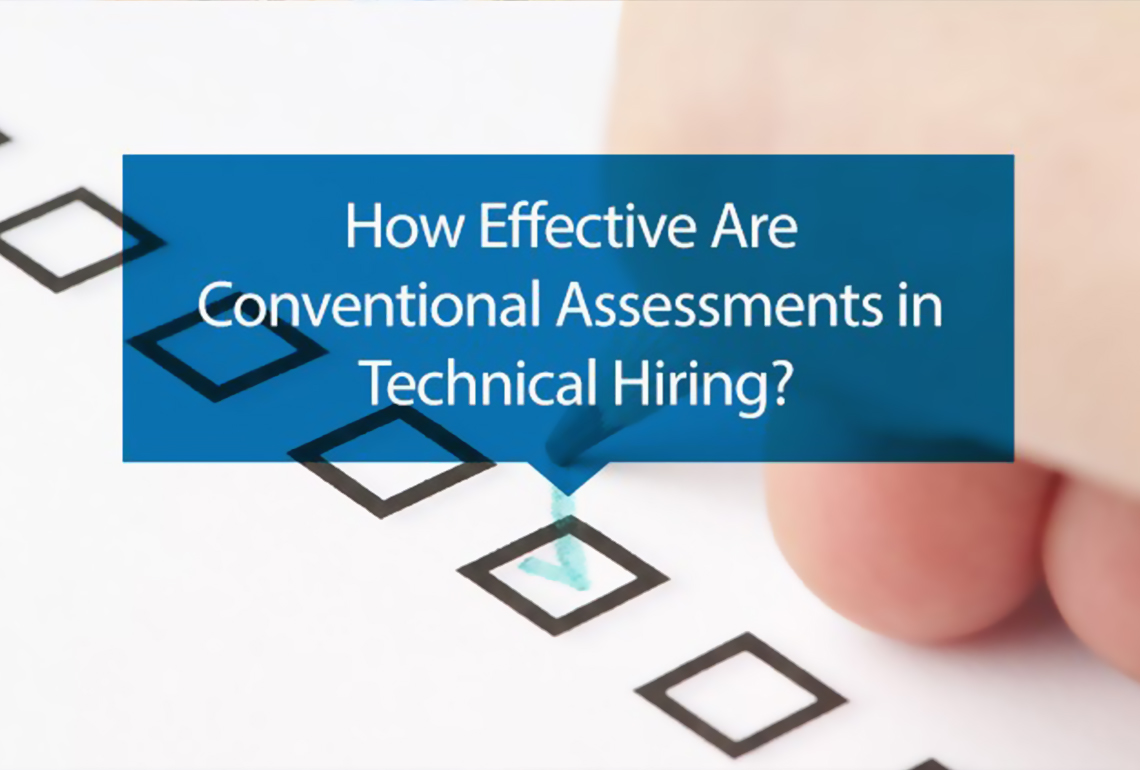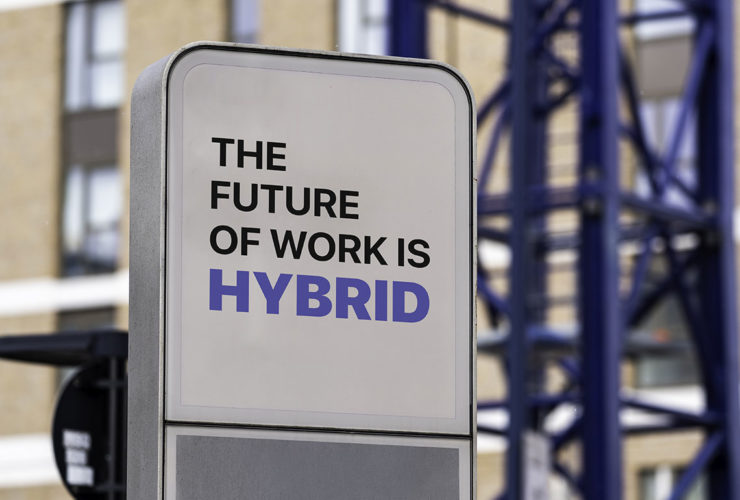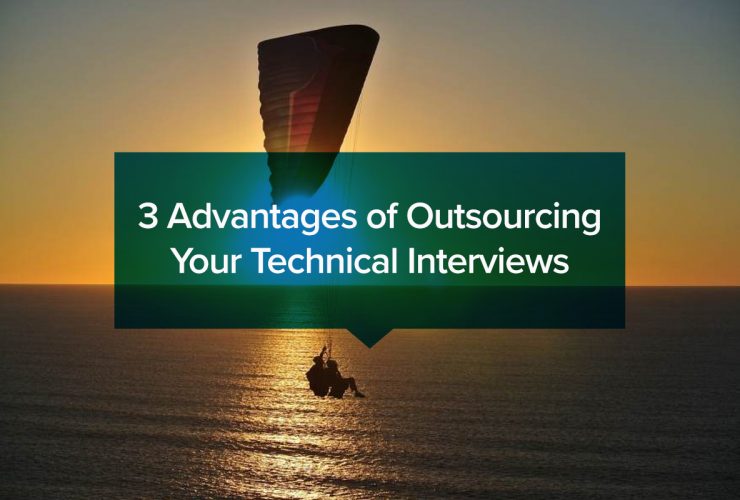Say it loud, say it proud: Assessments can work
A few years ago, my company did a project with a company called Standard Coffee. We worked with them to design assessments for them to hire route salespeople, which was their largest role by volume. The assessments were successful enough that the company was able to see and track significant declines in both money spent on workman’s comp and turnover.
It got to the point that their CEO, who hadn’t been involved in the process initially, got involved and started asking “What’s going on here? Why are these numbers so good?”. The “numbers” were the size of the new route drivers training class (so small due to reduced turnover) and a dramatic drop in self-funded worker compensation payments.
That was a moment of pride for anyone who deals with assessments.
We’ve had others, too: a global financial institution worked with us to create a virtual job tryout, followed by ability assessments, followed by a comprehensive personality tool. The candidates moved seamlessly through the process without disruption or friction. Both sides — the candidate and the company — loved it.
Technical hiring is one of the major processes of work that we haven’t yet perfected. We’ve nailed supply chain, operations, cost per unit, etc. There are reams of information about best practices in those areas. But despite decades of data and research on hiring, most companies are still pretty far off in terms of their effectiveness there.
Are assessments the potential saving grace?
The problem with how many hirers deploy assessments
In any industry or vertical, there is no magic bullet. This applies across the entire business ecosystem: there’s no “perfect salesperson” or “marketing campaign that never fails.”
Same goes with assessments.
Over my career, the biggest flaw I’ve seen in companies trying to use assessments is that they assume it’s that magic bullet — the assessment will predict future success in XYZ role.
Assessments cannot tell you everything. They are not designed to do that. Typically, 3-4 data points need to be triangulated to find the right picture on how successful a hire might be — consider the example of the financial institution above. That’s why we designed so many touchpoints to that process; the total effect of the touchpoints defines the potential eventual success of the hire. If we had just done just the situational judgment test from the virtual job tryout, there’s no guarantee the hire would have panned out.
There’s a joke around some in my field: companies often use assessments for the same reason executives bring in consultants. Why’s that? If someone doesn’t work out, now there’s something else to blame.
Assessments are part of the puzzle in assessing competence and fit. But they’re not the whole picture.
How will assessments change with the tech stack?
Machine learning is probably a while off, but you’re already starting to see artificial intelligence play into assessments. The U.S. Armed Forces (and some other organizations) have been at the forefront here — the idea is that everyone begins the assessment with a series of average difficulty questions. If you are correct on those, you advance to harder questions; if you’re not correct, you fall back to easier questions.
Traditional psychometrics was about everyone getting the same set of items; AI is helping to usher in an era of “adaptive assessments,” whereby the assessment learns about you as you’re going through it. The assessment is now behaving more intelligently. AI cuts back on the number of items needed to accurately predict future candidate performance.
What’s the bottom-line advice here?
Psychometric assessments can be predictive of future performance, but they need to be taken into context with other evaluative criteria such as structured technical and interpersonal behavioral interviews. Data is very important to modern business, and there are data-driven ways to assess candidates — with conventional assessment tests as just one piece of the puzzle.
You need to understand what makes someone successful both in (a) specific role and (b) overall company culture, and then you need to map their technical hiring process to that. That’s how you find the best people for you. eTeki, for whom I’m a Board member, is a vital part of the whole system: they make sure the technical knowledge is there (essential), and in the process they help improve relationships between recruiters and hiring managers. Every part plays a role. The end goal should be cost-efficient and productive hiring.

DR. Tom Janz
Seasoned, published thought leader in talent sourcing, assessment, and development. Specialties: Behavioral interviewing, business impact analysis, strategic performance modeling, testing, performance management, corporate culture assessment and development. Currently Behavioral Scientist at Veris Benchmarks LLC, a founding member of Global Talent Advisors, and an Advisory Board member for eTeki.







